Recover what matters.
STR Behavioral Health provides comprehensive treatment for addiction, mental health disorders, and dual diagnosis in Pennsylvania.
About Us
Our treatment approach is built around a singular goal: to provide individualized, compassionate care that helps each of our clients recover what matters most to them. No matter where you are in your recovery journey, we will help you find your path forward.
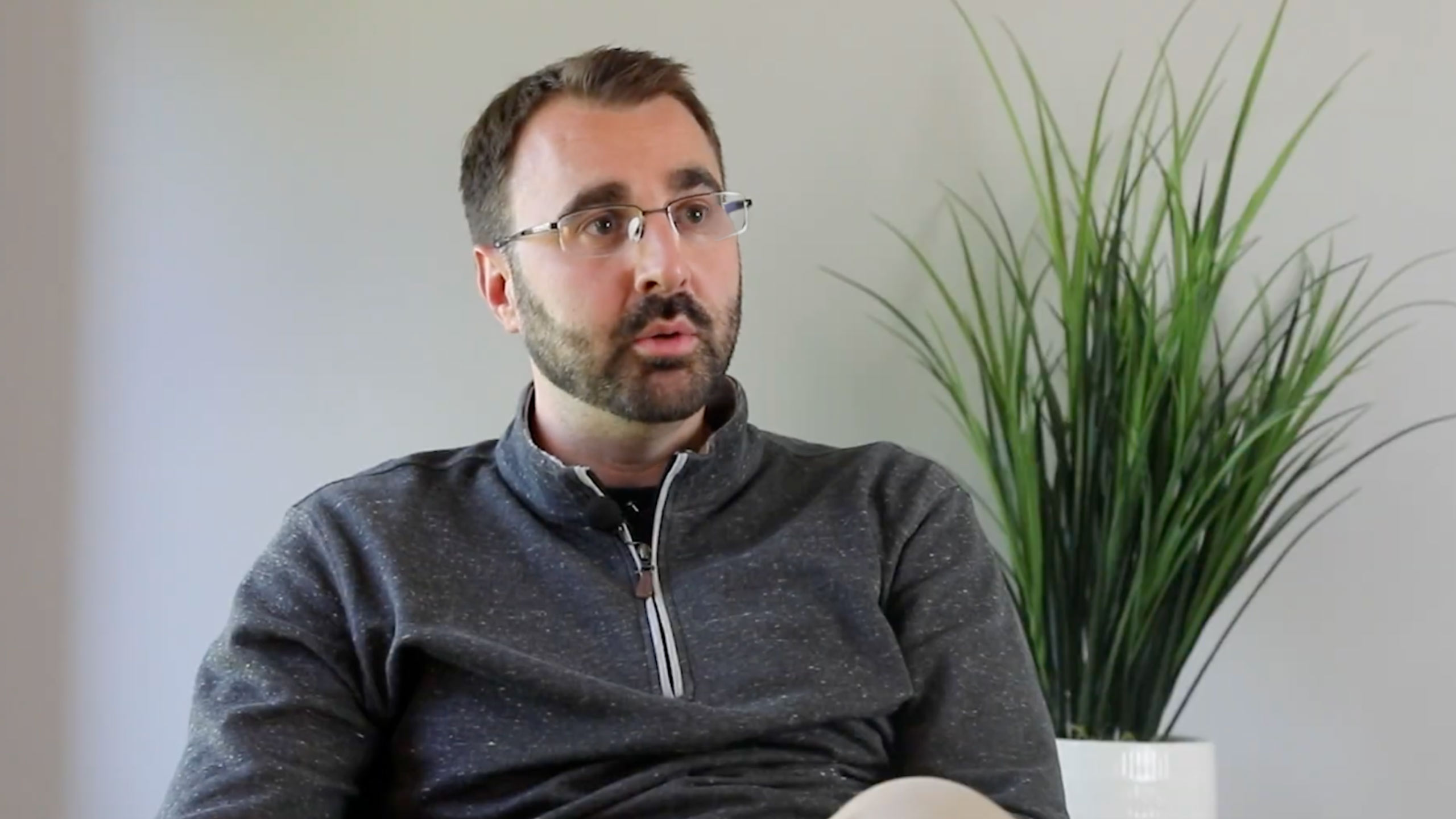
Authenticity
We foster a culture and community of honest expression, self-discovery, and growth.
Connection
We focus on understanding and relating to one another as we build meaningful, lasting relationships.
Integrity
We are transparent and genuine in what we do while prioritizing high-quality client care.
Our Locations
With convenient locations across multiple counties in Pennsylvania, our facilities provide clients with privacy and comfort while they navigate treatment.
-
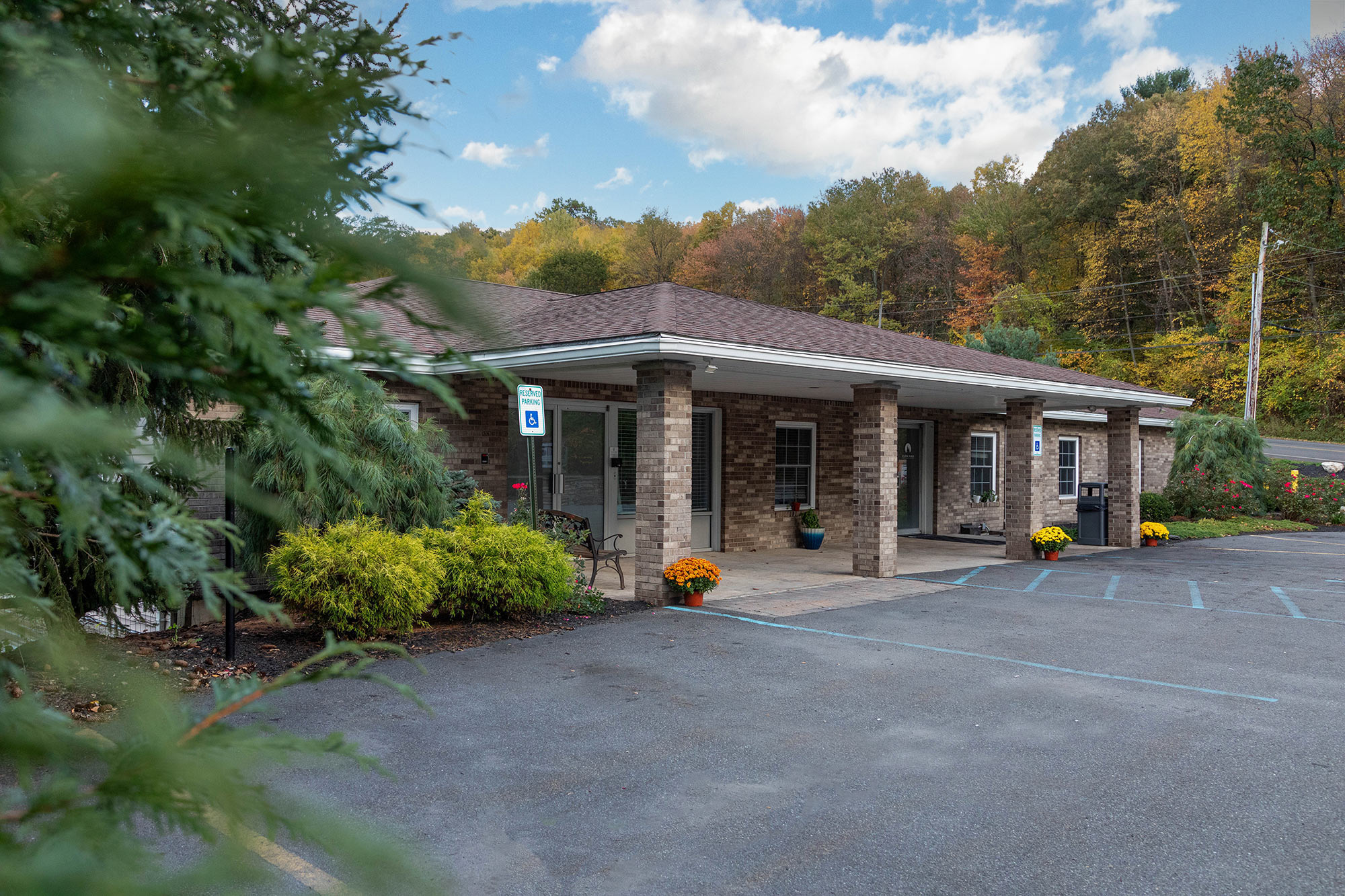
Silver Pines Detox + Residential
Medical detox and residential treatment for substance use disorder, alcohol use disorder, and dual diagnosis.
-

Cedar Creek Residential
Residential treatment for complex mental health disorders.
-
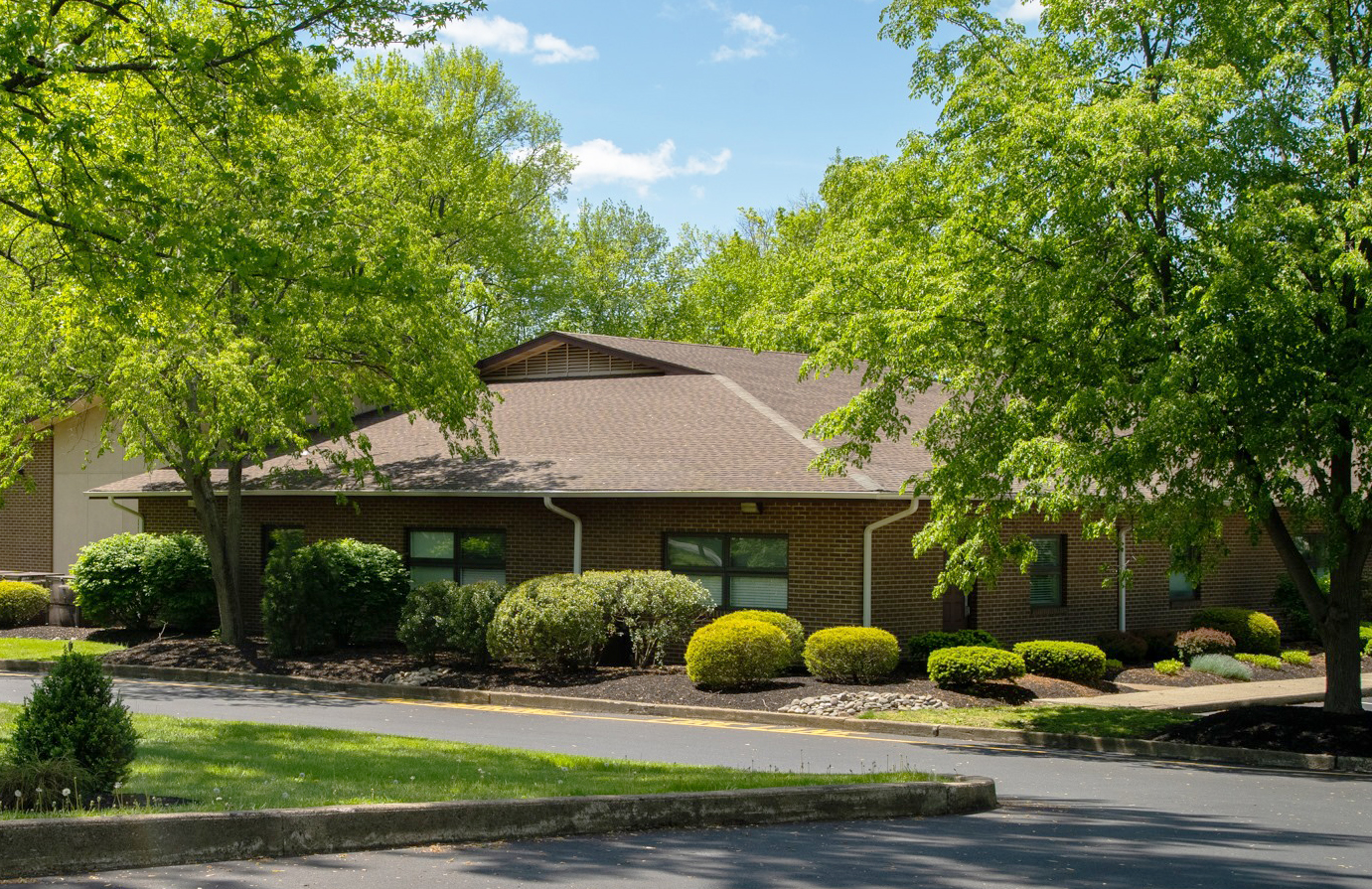
Bucks County Outpatient + Housing
PHP and IOP for mental health disorders, substance use disorders, and dual diagnosis, with supportive housing options.
-
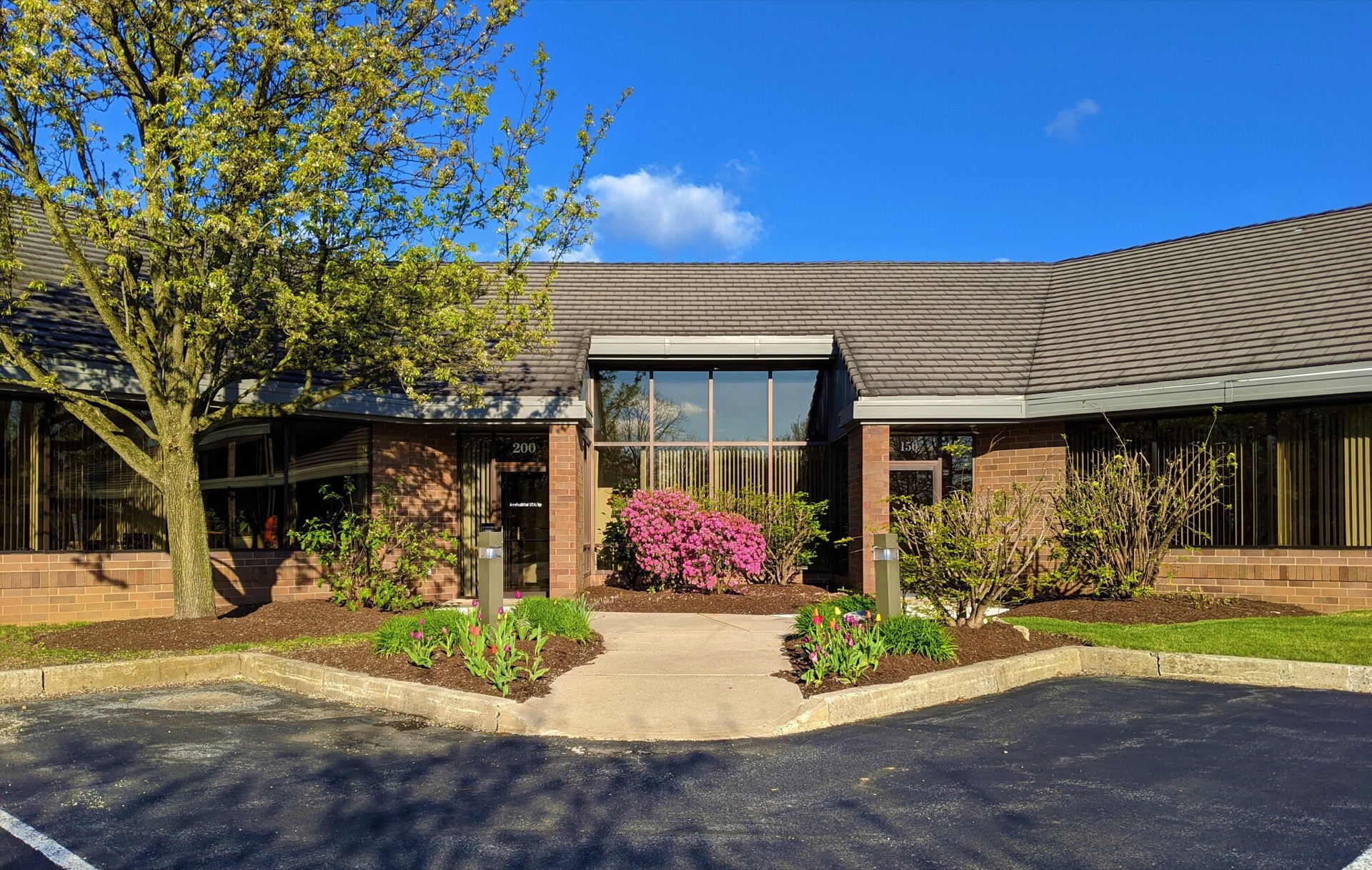
Lehigh Valley Outpatient
PHP & IOP for mental health disorders, substance use disorders, and dual diagnosis.
-
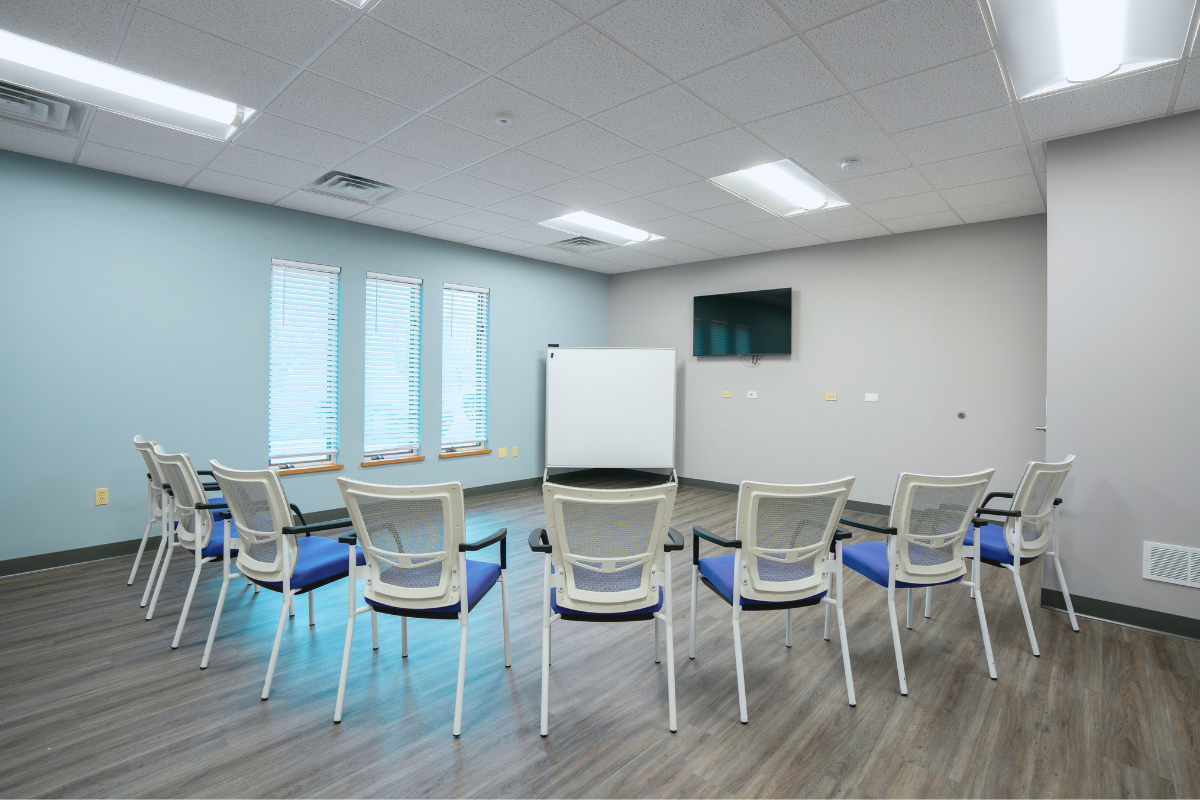
Lancaster Outpatient
Immersive outpatient treatment for addiction, mental health, and dual diagnosis in Pennsylvania.
Levels of Care
Our treatment ecosystem encompasses multiple levels of care and a range of treatment options, ensuring each client receives comprehensive, fully personalized support.

Treatment
Our treatment approach is designed around both evidence-based therapies and holistic treatments proven to be effective in supporting lasting recovery.
We are committed to providing life-changing treatment at every level. Here’s what members of our community say about us.
"I am forever grateful for Silver Pines. Their staff (Care Counselors, Therapists, nurses, EVERYONE!) is second to none. I felt genuinely cared for during my entire stay. I highly recommend SP to anyone and truly believe that their knowledge, experience and compassion helps to save lives."
— Grateful Silver Pines Alum
Take the next step toward healing. We’re here to support you every step of the way.